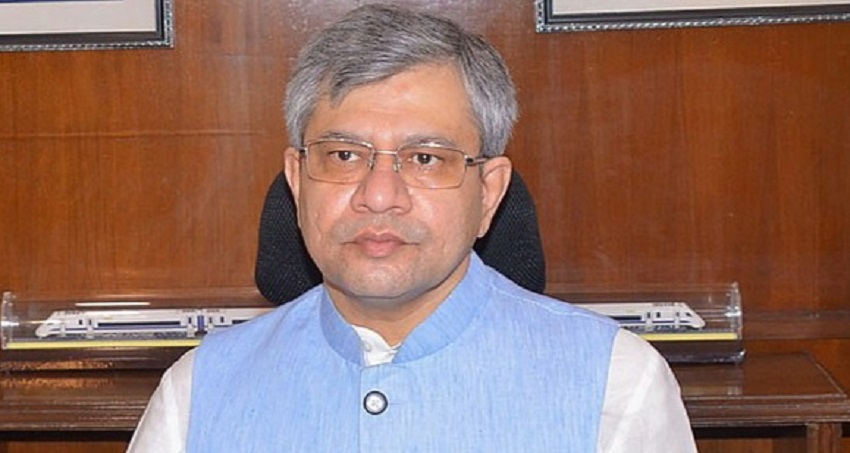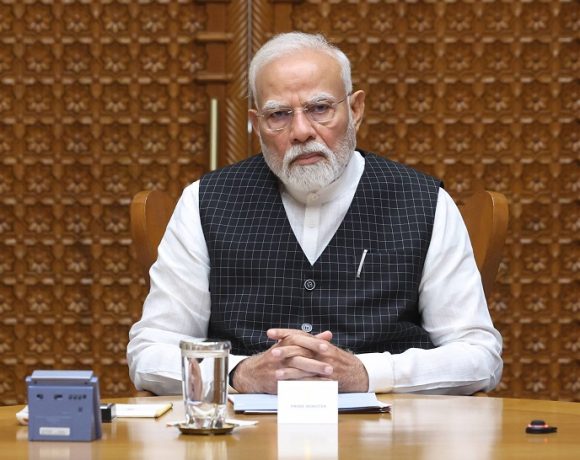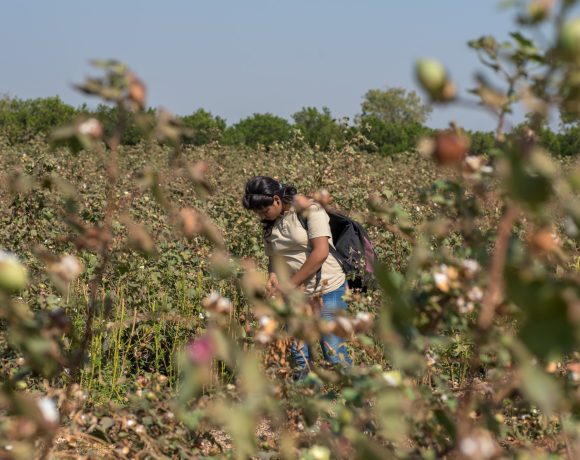
Ashwini Vaishnaw Highlights Constitutional Limits on Free Speech Amid Kunal Kamra Summons
Union Minister Ashwini Vaishnaw has weighed in on the recent controversy involving stand-up comedian Kunal Kamra, stating that while the right to freedom of speech is guaranteed under the Constitution, it is not without limitations. Speaking at a public event, Vaishnaw emphasized that the Indian Constitution clearly outlines both rights and corresponding safeguards, which must be respected equally.
“Freedom of Speech Has Its Limits”
Referring directly to the ongoing political storm around Kamra’s performance, Vaishnaw stated, “As a society, we have to work within the framework of the Constitution. Freedom of speech and expression is well laid out. Everybody respects it. The Constitution has also laid certain safeguards on it, and those safeguards are as important as the rights.” His comments come after Kamra was summoned by the police over alleged defamatory remarks made during a show, targeting Maharashtra Deputy Chief Minister Eknath Shinde.
Legal Action Justified, Says Minister
Vaishnaw defended the legal process, suggesting that if the law mandates action, it should be followed without bias. “If the law of the land requires it, it should be done,” he said. He further contextualized the issue culturally, noting, “What is right in western society might not be right in our society. There are different cultural contexts to everything.”
A Growing Debate on Satire and Limits
The summons to Kamra has sparked a wider debate on the scope of satire, dissent, and criticism in India, especially when directed at political figures. While some argue this is an example of stifling dissent, others claim there must be accountability in public discourse. The incident highlights the delicate balance between protecting the right to free expression and upholding the boundaries set to prevent defamation, hate speech, or incitement.
Vaishnaw’s remarks reflect the government’s position that the freedom to express does not override the duty to remain within the limits of the law—a standpoint likely to fuel further discussion as India navigates the evolving space of artistic and political expression.


















